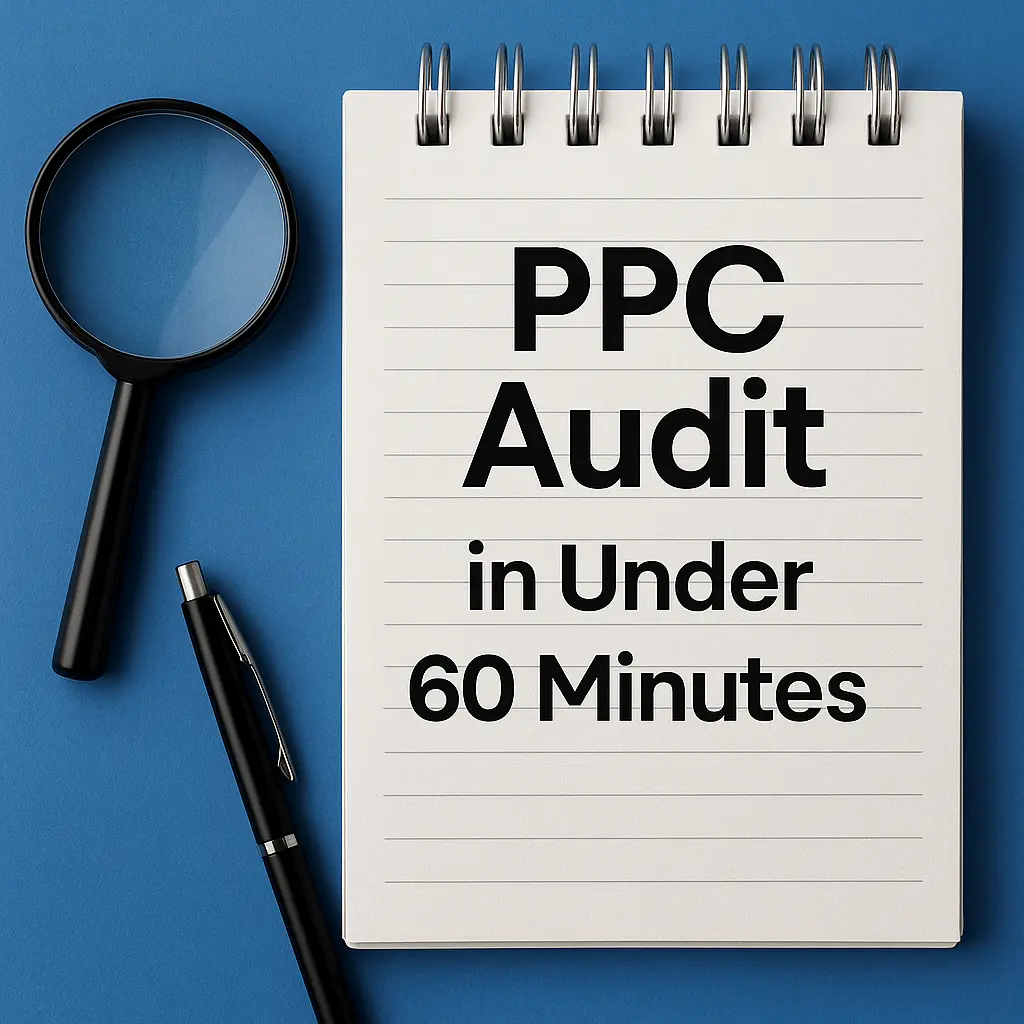In an era where traditional advertising is often met with skepticism, influencer marketing has emerged as a powerful alternative, leveraging the clout of popular figures to shape purchasing decisions. Let’s have a deeper look into this fasinating world of influencers, how does it work and how do we measure it.
What is Influencer Marketing?
Influencer marketing is a form of social media marketing involving endorsements and product placements from influencers—individuals who have a purported expert level of knowledge or social influence in their field. Unlike traditional celebrities, influencers can range from high-profile individuals to everyday people who have gained a sizable social media following through their expertise and transparency.
The Difference Between Influencer and Affiliate Marketing
Influencer marketing focuses on leveraging an individual’s influence to shape their followers’ buying habits, often through content that naturally incorporates a product or brand. In contrast, affiliate marketing is performance-based, rewarding affiliates—often influencers—for each visitor or customer brought about by their marketing efforts through affiliate links.
How Does Influencer Marketing Work?
Influencer marketing works by identifying individuals with a high engagement rate within a specific niche. Brands collaborate with these influencers to create content that subtly promotes their products or services. Influencers share this content with their audience, generating visibility and potentially driving sales for the brand.
7 Types of Influencer Marketing
1. Sponsored Content
Brands pay influencers to create and share content that features the brand’s products or services. This can take the form of blog posts, social media posts, or videos. The content is usually crafted to fit seamlessly into the influencer’s usual style and format to ensure authenticity, which is paramount for engaging their audience.
2. Product Collabs
Influencers collaborate with brands to create a product line, leveraging the influencer’s name and the brand’s resources. This partnership can range from a single product to an entire line and is beneficial as the influencer’s followers often have a high degree of trust in their recommendations, potentially leading to significant sales.
3. Social Media Takeovers
Influencers take over a brand’s social media account for a set period to engage with the brand’s audience. During this time, they may post exclusive content, share their personal experiences with the brand, or host live Q&A sessions. This strategy can inject fresh energy into the brand’s social presence and attract the influencer’s following to the brand’s channels.
4. Brand Ambassadorships
Influencers are contracted to represent a brand and embody its values over an extended period. This long-term relationship allows for the development of a deeper connection between the influencer’s audience and the brand, leading to ongoing engagement and loyalty.
5. Affiliate Marketing
Influencers promote products using unique codes or links, earning a commission for each sale made through their channels. This performance-based approach to influencer marketing is highly measurable, as each sale can be traced back to the influencer, allowing for a clear assessment of the campaign’s success. This approach is very similar to Affiliate Marketing.
6. Content Amplification
Brands use influencers to amplify their content reach, increasing the visibility of their messaging or campaigns. This method leverages the influencer’s reach to get content seen by a broader audience, often leading to higher engagement rates than the brand’s channels alone could achieve.
7. Influencer Events
Brands host events where influencers are invited to share their experiences with their audience, often featuring product demos or launches. These events provide rich content opportunities for influencers and can generate buzz and excitement among consumers, often leading to immediate and widespread visibility for the brand.
KPIs of Influencer Marketing
Like any channel in online marketing, it is crucial that you know how to measure success. According to your needs and targets, you’ll need to set the goals upon which you’ll be able to tell if your campaigns were successful or not. Key Performance Indicators (KPIs) for influencer marketing typically include:
- Engagement Rates: Engagement rates such as likes, comments, shares, and overall interaction with influencer posts are critical measures of how actively involved the audience is with the content. A high engagement rate typically indicates that the content is resonating well with the audience and that the influencer has a strong connection with their followers, which is pivotal for the perceived authenticity of the promoted message.
- Conversion Rates: Conversion rates measure the percentage of the audience who take a desired action, such as making a purchase or signing up for a newsletter, after engaging with influencer content. This metric is essential for understanding the effectiveness of influencer campaigns in driving tangible business results beyond just visibility and interaction.
- Audience Growth: This KPI tracks the increase in the brand’s followers on social platforms as a direct result of influencer collaborations. A successful influencer marketing campaign should attract new followers to a brand, reflecting the influencer’s ability to transfer some of their credibility and audience to the brand they are endorsing.
- Brand Sentiment: Brand sentiment gauges the audience’s perceptions and feelings about a brand after influencer promotion. Analyzing comments, reviews, and direct feedback can provide insights into whether influencer campaigns are improving public perception of the brand and if the association with influencers is positively influencing customer attitudes.
- ROI: Return on Investment (ROI) from influencer marketing campaigns is a crucial financial metric that measures the profitability of the influencer marketing efforts. It compares the revenue generated by the campaign against the costs involved, providing a clear picture of the campaign’s financial success and informing future marketing investment decisions.
How to Become an Influencer Marketer?
Before I tell you how to become an influencer, I should mention that it is not a walk in the park. Influencers work extremely hard to develop their audience, staying up to date with latest trends, finding new collaborations and more.
More often than not, they find themselves working into the night or spending money before they see the first pay cheque come in. If you think about becoming an influencer, try to imagine what is going on behind the scenes and not about that amazing video you just saw on Instagram or TikTok
Having said that, if you still think about becoming an influencer, here’s what you should do to get started:
- Develop a Niche: To carve out a unique space as an influencer marketer, one must develop a niche by focusing on a specific area of interest where they can establish themselves as an expert. This helps in creating a dedicated following that looks to them for specialized knowledge and recommendations. Having a clear niche also makes it easier to attract brands that want to target specific market segments, increasing the chances of successful collaborations.
- Grow Your Audience: A substantial and engaged following is the currency of influencer marketing. This is achieved by consistently producing high-quality content that resonates with your target audience, leading to organic growth. Balancing trends with evergreen content ensures that your audience remains engaged over the long term, laying a strong foundation for influencer success.
- Engage With Your Community: Building a rapport with your community is essential. Regular interaction with your followers through comments, direct messages, and community posts can foster a loyal and engaged audience. Influencers who are approachable and responsive are often more appealing to brands looking for authentic engagements with potential customers.
- Collaborate: Successful influencer marketing relies on strategic partnerships. As an influencer, you should proactively seek collaborations with brands that share your ethos and appeal to your audience. Transparent and authentic partnerships not only increase credibility but also provide mutual growth opportunities for both the influencer and the brand.
- Measure and Optimize: An influencer’s ability to demonstrate tangible results can set them apart. Utilizing analytics tools to measure the performance of your content and promotions helps you understand what resonates with your audience. By continuously optimizing your strategy based on these insights, you can improve your engagement rates and increase your value to potential brand partners.
Conclusion
In the dynamic realm of brand promotion, influencer marketing stands out as a transformative force, humanizing digital advertising with authentic connections and trust-building. Navigating this domain, however, requires expertise and nuanced understanding—a forte of RnD Marketing. With years of experience managing influencer marketing both as a consultancy and through hands-on services, RnD Marketing equips businesses with the strategies needed to harness the full potential of influencer partnerships.
These collaborations are meticulously crafted to align with brand values and to resonate with target audiences, thereby driving engagement and shaping industry trends. For businesses looking to make a substantial impact in today’s socially driven market and for influencers aspiring to turn their social reach into a rewarding career, RnD Marketing offers the experience, strategies, and support to elevate their presence in the digital landscape.





